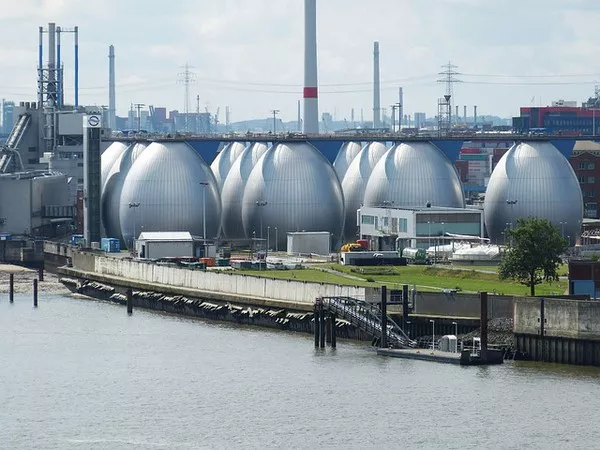Sewage management is an essential component of modern urban infrastructure, aimed at effectively and responsibly handling the waste generated by human activities. As cities continue to grow and populations increase, the proper management of sewage becomes even more critical to ensure the health, safety, and well-being of communities and the preservation of the environment. This article delves into the significance of sewage management, its components, challenges, and sustainable solutions.
What is Sewage Management?
Sewage management refers to the process of collecting, treating, and disposing of domestic, industrial, and commercial wastewater before releasing it into the environment. It involves an intricate network of pipes, pumping stations, and treatment facilities to ensure that wastewater is treated to remove harmful contaminants, making it safe for release or reuse.
Components of Sewage Management
1. Collection:
The first step in sewage management involves collecting wastewater from various sources, such as households, industries, and commercial establishments. The collected wastewater is transported through an underground network of sewer pipes to treatment plants.
2. Treatment:
Once collected, the wastewater undergoes a series of treatment processes to remove pollutants and contaminants. Primary treatment involves physical processes to remove large particles, while secondary treatment employs biological processes to break down organic matter further. Finally, tertiary treatment may be applied to eliminate remaining impurities and ensure the water meets the required standards.
3. Disposal/Reuse:
After treatment, the effluent can be safely released into water bodies, such as rivers or oceans, without causing harm to the environment. Alternatively, treated water can be reused for various non-potable purposes like irrigation, industrial processes, or groundwater recharge.
4. Sludge Management:
During the treatment process, solids that settle at the bottom of treatment tanks are collected as sludge. This sludge undergoes further treatment, including digestion and dewatering, to reduce its volume and make it suitable for disposal or use as fertilizer.
Importance of Effective Sewage Management
1. Public Health:
Proper sewage management prevents the spread of waterborne diseases, as untreated wastewater may contain harmful pathogens. Treating sewage before releasing it into water bodies ensures that the water is safe for recreational and drinking purposes.
2. Environmental Protection:
Untreated sewage can contaminate water sources, harm aquatic life, and degrade ecosystems. By effectively managing sewage, we protect natural habitats, maintain biodiversity, and preserve the ecological balance.
3. Water Conservation:
With increasing water scarcity, treating and reusing wastewater helps conserve freshwater resources. It reduces the burden on natural water sources and provides an alternative water supply for various non-potable applications.
4. Sustainable Development:
Sewage management is a key component of sustainable urban development. Responsible management practices contribute to the overall well-being of communities and support economic growth by providing a healthy living environment.
Challenges in Sewage Management
1.Infrastructure Aging: Many cities face challenges with aging sewage infrastructure, leading to leakages, blockages, and overflows. Upgrading and maintaining the sewer network is essential to ensure efficient sewage management.
2. Population Growth: Rapid population growth can overwhelm existing sewage treatment facilities, necessitating expansion or the establishment of new facilities.
3. Industrial Discharges: Industrial wastewater may contain toxic chemicals and heavy metals, posing a significant challenge to conventional treatment processes.
4. Non-Point Source Pollution: Rainwater runoff from streets and agricultural fields can carry pollutants into the sewage system, increasing the burden on treatment plants.
Sustainable Solutions
1.Advanced Treatment Technologies: Implementing advanced treatment technologies, such as membrane filtration, UV disinfection, and constructed wetlands, can enhance the efficiency of sewage treatment.
2. Decentralized Systems: Decentralized sewage management, including on-site treatment and reuse, can reduce the load on central treatment plants and promote localized water reuse.
3. Public Awareness: Educating the public about responsible wastewater disposal and the importance of sewage management can help prevent the improper disposal of pollutants into the sewage system.
4. Green Infrastructure: Incorporating green infrastructure, such as rain gardens and permeable pavements, can help manage stormwater runoff and reduce non-point source pollution.
Conclusion
Sewage management is a fundamental aspect of modern urban development that safeguards public health, protects the environment, and promotes sustainable practices. By implementing effective sewage management strategies, embracing advanced technologies, and raising public awareness, we can create healthier, more resilient cities for future generations while preserving precious water resources and natural ecosystems.

